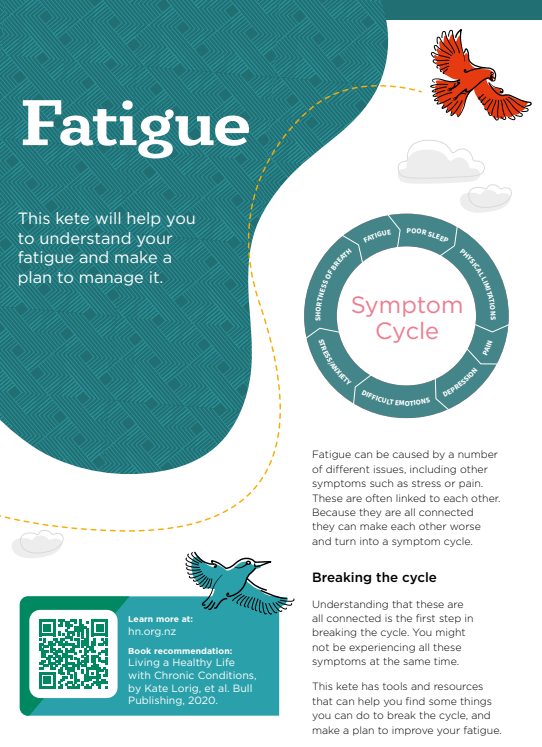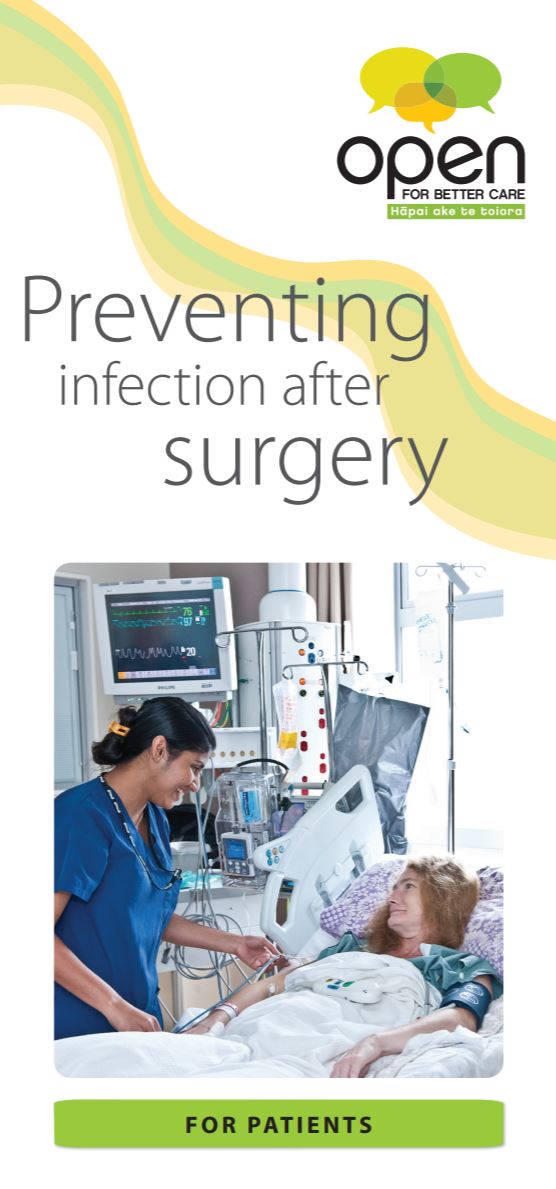1. Ask questions
Have all your questions answered about your surgery and follow-up care. Ask more than once if you don’t understand. Ask your doctor about any changes to your regular medications following surgery. Ask how long it is likely to take for you to recover.
Ask questions about managing your wound at home:
- Will a district nurse visit to change the dressing or do you have to see your GP?
- If you have stitches – will they need to be removed or are they absorbable?
- Who do I contact if I think it’s infected? Learn more about the signs of infection(external link)
2. Follow instructions
Follow the instructions from the surgeon or other healthcare professionals involved in your care. Write them down if you need to or ask for them in writing. Having a support person with you to listen is helpful.
Take pain relief as prescribed.
3. Seek advice
Talk to your doctor if you’re still in pain after taking your pain medication or if your pain hasn’t improved after a few days. Also contact your GP if you have any new symptoms following surgery such as fever, swelling, poor appetite, nausea and vomiting.
4. Attend follow-up appointments
Make sure you attend all follow-up appointments, such as hospital clinic appointments, GP follow-up or physiotherapy sessions. Once you start to feel better it can be tempting to think you don’t need any more follow-up care but listen to the advice from your healthcare professionals.
5. Pace yourself
It can be tempting to rush back to work or school, but your doctor may need to give you the “all clear” before returning to some activities. Ease yourself back into exercise. Depending on the type of surgery you've had, your activity levels will vary. But, as far as possible, it's important to keep active, as best as you can. Activity will help your blood flow, your wounds heal and your muscle strength build up. You’ll be given advice about any activities you should avoid and those that you need to take extra care with. Start exercising slowly, using gentle movements and build up gradually.
6. Look after yourself
You can expect to be tired when you get home – especially if you have had major surgery or a general anaesthetic. Get enough rest and be kind to yourself. Healing and recovery takes time.
- Get up and about – this may be simply walking a bit each day. Unless you’re told otherwise, getting out of bed each day helps in your recovery and decreases your risk of developing deep vein thrombosis (DVT).
- Eat a balanced diet – good nutrition helps with wound healing and recovery.
- Try not to get back into old habits – if you gave up smoking before surgery, don’t start again!
- Ask for help if you need it – this may be for practical help, such as housework or driving, or emotional support while you’re recovering.








